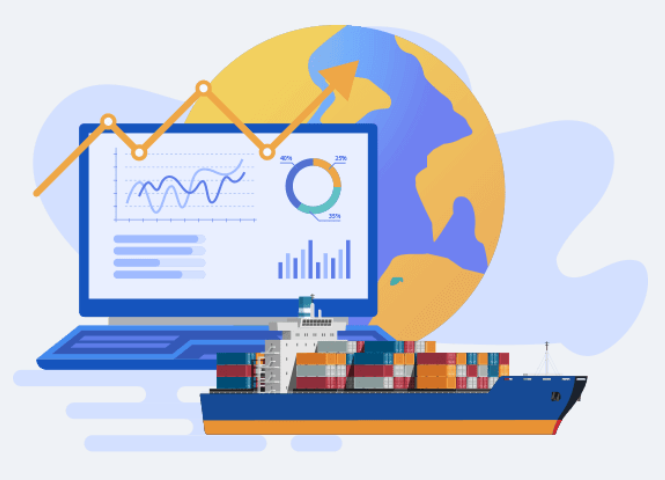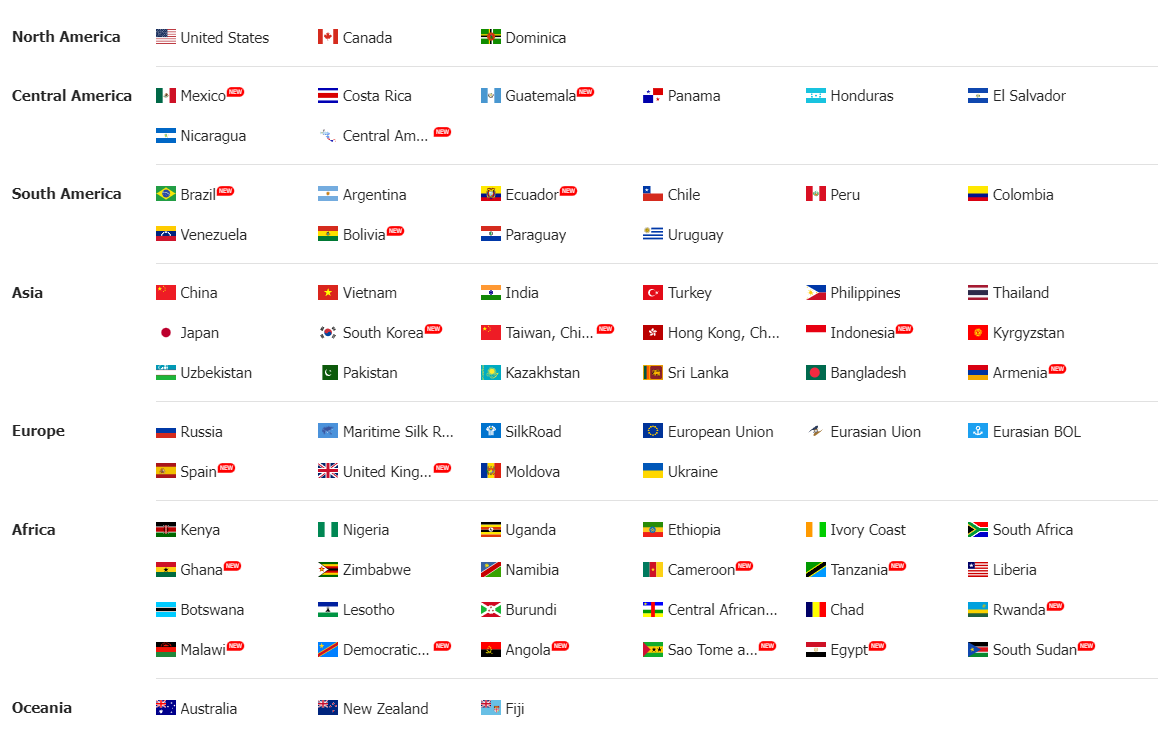 Trade Data
Trade Data
 03-07-2024
03-07-2024
Turkey, strategically positioned at the crossroads of Europe and Asia, is a bustling hub of trade and commerce. With a diverse economy and a rich history of trade, Turkey offers a wealth of opportunities for businesses looking to expand their reach. To capitalize on these opportunities, understanding and utilizing Turkey's export data can be a game-changer. This guide will explore the significance of Turkey's export data, how to access it, and how to leverage it for business growth.

Understanding Turkey Export Data
Export data provides detailed information about the goods and services a country sells to foreign markets. Turkey's export data includes crucial details such as:
Product Types: Categories and descriptions of exported goods.
Export Volumes: Quantities of goods exported.
Export Values: Financial worth of exported goods.
Destinations: Countries receiving Turkey's exports.
Exporters: Companies and entities involved in exporting.
This data is invaluable for businesses looking to understand market trends, identify potential partners, and make informed decisions.
Why Turkey's Export Data Matters
1. Market Insights
Analyzing export data helps businesses gain insights into which products are in demand in various markets. For instance, Turkey is known for its textiles, automotive parts, machinery, and agricultural products. By understanding which products are being exported the most, companies can identify trends and tailor their offerings to meet market demands.
2. Identifying Trade Partners
Export data reveals information about companies and entities that are active in international trade. This information can help businesses identify potential partners, suppliers, and customers. For example, a company looking to import textiles can find Turkish exporters who are already successfully trading these goods.
3. Competitive Analysis
By examining export data, businesses can gain insights into their competitors' activities. Understanding which companies are leading in certain export categories can help businesses strategize and find ways to differentiate themselves.
4. Strategic Planning
Export data provides a foundation for strategic planning. Businesses can use this data to assess market opportunities, forecast demand, and develop market entry strategies. For instance, if a certain country shows a growing demand for Turkish agricultural products, a company can plan to enter that market with confidence.
How to Access Turkey's Export Data
Government Sources
The Turkish Statistical Institute (TurkStat) and the Ministry of Trade regularly publish export data. These official sources provide accurate and comprehensive data, often available for free or at a minimal cost.
Commercial Data Providers
Several commercial data providers offer detailed and customizable export data reports. These providers, such as TradeMap and Export Genius, can offer more in-depth analysis and user-friendly interfaces, making it easier to interpret and utilize the data.
Industry Associations
Industry-specific associations in Turkey often collect and share export data related to their sectors. Joining these associations can provide access to valuable insights and networking opportunities.
Leveraging Export Data for Business Growth
Product Development
By analyzing which products are in high demand, businesses can innovate and develop products that cater to market needs. For example, if there is a growing trend for eco-friendly textiles, a company can invest in sustainable product lines.
Market Entry Strategies
Export data helps businesses identify the best markets to enter. Companies can prioritize markets with high demand for their products and develop tailored market entry strategies, such as localization and targeted marketing campaigns.
Risk Management
Understanding export trends and market demands helps businesses mitigate risks. By diversifying their export destinations and product lines based on data insights, companies can reduce dependency on a single market and spread risk.
Enhancing Competitiveness
Businesses can enhance their competitiveness by benchmarking their performance against industry leaders identified through export data. This can lead to improved practices, better pricing strategies, and superior product offerings.
Conclusion
Turkey's export data is a powerful tool for businesses aiming to expand their international presence. By providing insights into market trends, identifying potential partners, and supporting strategic planning, export data can unlock numerous opportunities. Whether you're looking to enter new markets, develop innovative products, or enhance your competitive edge, leveraging Turkey's export data can drive your business growth and success.
Tendata iTrader compiles trade data from 218 countries and provides detailed information on over 130 million import-export enterprises worldwide.
With a daily influx of 10 billion trade records, Tendata efficiently delivers contact details for over 700 million top-level executives and decision-makers in the import-export industry through advanced filtering. This includes email addresses, phone numbers, social media profiles, and more. Additionally, we offer synchronized company profiles, product images, and website links, along with 19 types of visual reports. These tools assist foreign trade enterprises in precise market positioning and thorough market analysis, enabling you to quickly find the exact buyers and suppliers you need.
(>> Visit the Official Shanghai Tendata Website for More Details <<)

Category
Leave Message for Demo Request or Questions


 T-info
T-info T-discovery
T-discovery

 My
Tendata
My
Tendata Market Analysis
Market Analysis Customer
Development
Customer
Development Competitor
Monitoring
Competitor
Monitoring Customer Relationship
Customer Relationship





































































































































